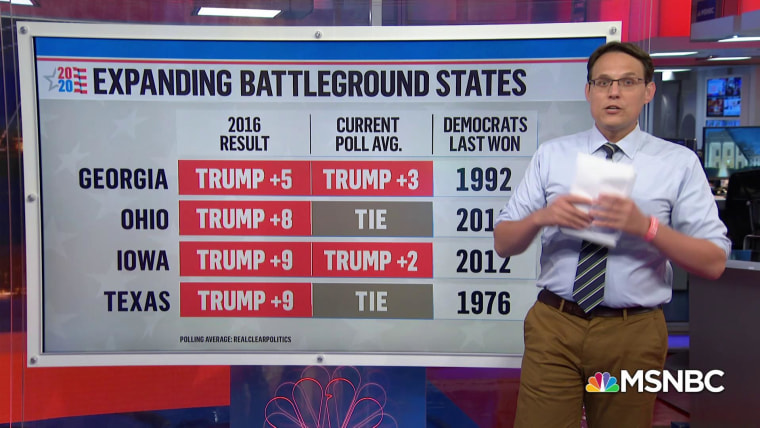The U.S. Supreme Court declined on Thursday to make it easier for hundreds of thousands of convicted felons in Florida to vote if they haven’t paid all their court fines.
A majority of Florida’s more than three-quarters of a million residents with prior felony convictions who would otherwise be eligible to take part in elections are Black and more likely to vote Democratic, and they could be a significant voting bloc in a state where election results are often close. A 2019 state law allows convicted felons to vote if they have completed all the terms of their sentences, including jail time, parole and fines.
But a coalition of civil rights groups said most of them likely could not afford to pay off the remainder of their fines, and what’s more, the state is unable to tell them what they owe. The ex-convicts would risk prosecution if they claim they are eligible to vote but actually aren’t, and yet they have no way of knowing their voting status because the state can’t tell them whether they owe fines or what the amounts are, the groups said.
“The state has not yet determined for even a single voter whether they must pay to vote and, if so, how much,” said Paul Smith of the Campaign Legal Center in Washington. Requiring a payment in order to vote amounts to an unconstitutional poll tax, he said.
A federal appeals court at first upheld a lower court ruling in favor of the challengers, but then reversed itself and ruled for the state in requiring convicted felons to pay off all fines in order to vote. The challengers urged the Supreme Court to put the lower court ruling back in effect.
But by a 6-3 vote, the high court declined to so do. Justice Sonia Sotomayor, joined in her dissent by Ruth Bader Ginsburg and Elena Kagan, said Thursday’s action “prevents thousands of otherwise eligible voters from participating in Florida’s primary election simply because they are poor. And it allows the Court of Appeals for the Eleventh Circuit to disrupt Florida’s election process just days before the July 20 voter-registration deadline for the August primary.”
Florida urged the Supreme Court to leave the rule in place. Because felons have no fundamental right to vote, the state said, it can require them to complete the terms of their sentences “even if the felon cannot afford to pay the financial term of his sentence.” Ruling otherwise, the state said, would cause other Floridians “to fear that their votes will be debased or diluted by the votes of hundreds of thousands of persons who are ineligible to vote.”













